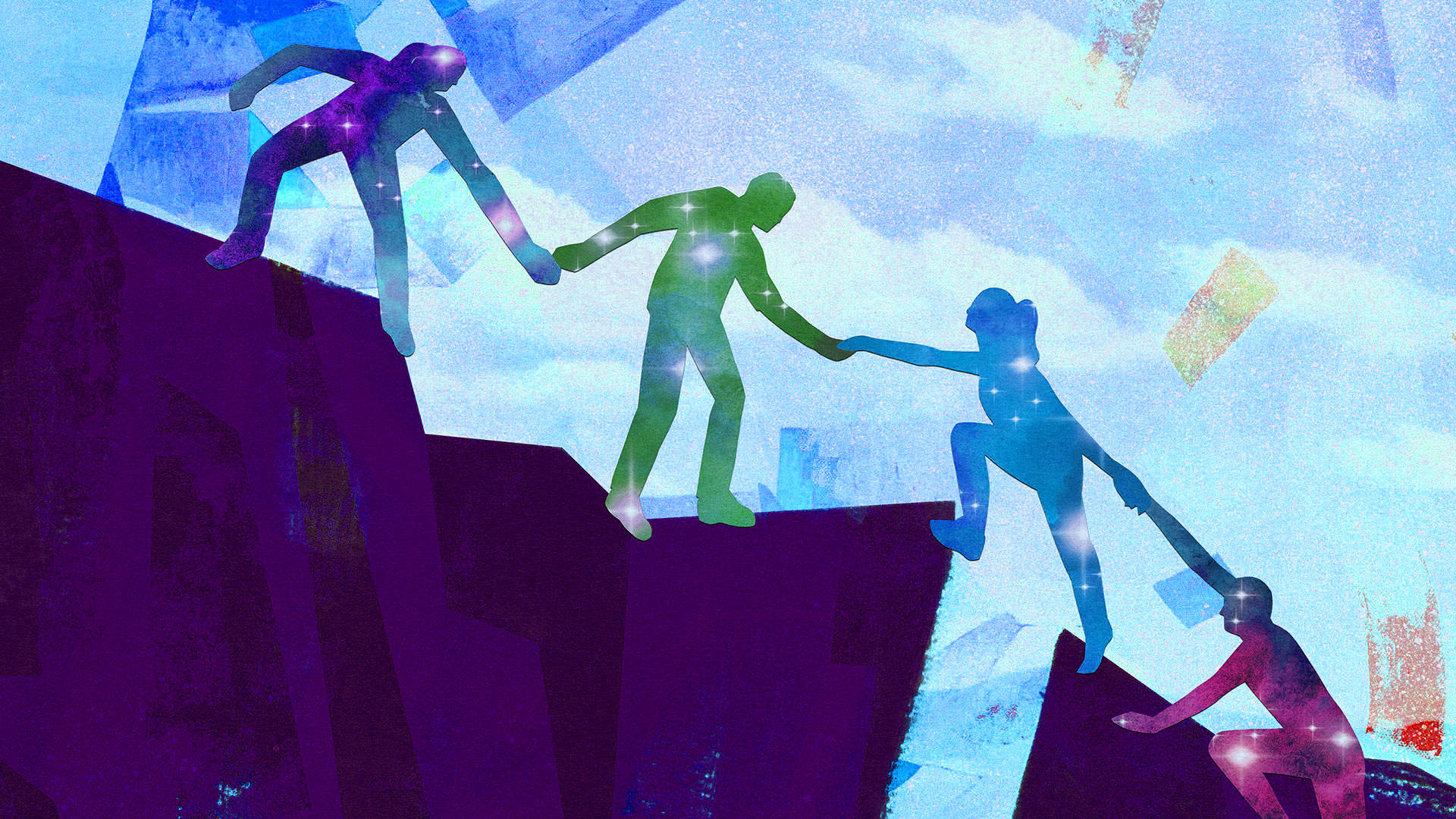Practicing Compassion: Responding with Kindness Instead of Reacting

When emotions run high, compassion helps us pause, consider others’ feelings, and respond with care instead of impulse.
The Dive
Have you ever felt the urge to yell or storm off during an argument? That’s your brain’s 'react' button — it’s fast, emotional, and usually powered by the amygdala, the part of your brain that handles danger. But when we choose to pause and think before acting, we’re using our prefrontal cortex, the 'smart' part of our brain, to respond instead of react. That pause is powerful.
Compassion is what helps us choose that pause. It’s empathy mixed with a desire to help. When you see someone upset and your first thought is 'How can I support them?', that’s compassion. It’s what motivates you to ask, 'Are you okay?' or to forgive someone who’s having a rough day.
Responding with compassion can actually defuse conflict. Instead of making things worse, it can calm everyone down and help people feel seen and understood. It doesn’t mean you let people treat you unfairly, it means you lead with care, not cruelty.
You can practice compassion every day: by listening without judging, showing gratitude, offering help, and forgiving mistakes (even your own). Self-compassion is just as important, being kind to yourself when you mess up instead of beating yourself up.
Studies show that compassion strengthens relationships, boosts happiness, and even helps you live longer. It’s not just about being nice, it’s about building a life of meaning, connection, and emotional strength.
Think of compassion as a muscle. The more you practice, the stronger it gets. Whether it’s through meditation, journaling, or simply being more aware of others’ struggles, you can train your brain to be more compassionate, and that makes you a better friend, teammate, and peacemaker.
Why It Matters
Compassion is what makes us human. In a world filled with fast reactions, choosing to pause and respond with empathy creates space for understanding, healing, and growth. Whether we’re comforting a friend, resolving a disagreement, or forgiving ourselves, compassion is the bridge between pain and peace. It strengthens relationships, builds emotional intelligence, and reminds us that kindness isn’t weakness, it’s one of the most powerful forces we have.
?
What’s the difference between empathy and compassion?
Why is it sometimes hard to respond with kindness when we’re upset?
How can you build your compassion muscle in everyday life?
What does self-compassion look like in a tough moment?
How can compassion help turn conflict into connection?
When was a time you showed compassion instead of reacting quickly?
What role does the brain play in reacting versus responding?
How can we practice compassion even when others aren’t being kind to us?
Dig Deeper
Can compassion be learned? The answer is yes! Sometimes, all it takes is truly paying attention to the people around us.
It’s all too easy to be extremely tough on ourselves; we need – at points – to get better at self-compassion. Here is an exercise in how to lessen the voices of self-flagellation.
Self-compassion is about treating yourself with the same kindness and understanding that you would a friend in need — but it doesn’t always come naturally.
Related

Conflict Styles: How We Handle Disagreements
Do you hide in your shell or face conflict head-on? Understanding your conflict style helps you navigate disagreements with confidence, care, and clarity.

The Power of I Statements
Learning to say how you feel without blaming others is a superpower. 'I' statements help you speak up, stay calm, and build better relationships—one sentence at a time.

Feelings & Conflict: Understanding Emotions in Disagreements
Conflict isn’t just about facts—it’s about feelings. Big emotions like worry, anger, and fear can shape how we respond in a disagreement. Understanding these feelings is the first step to handling conflict in a healthier way.
Further Reading
Stay curious!
